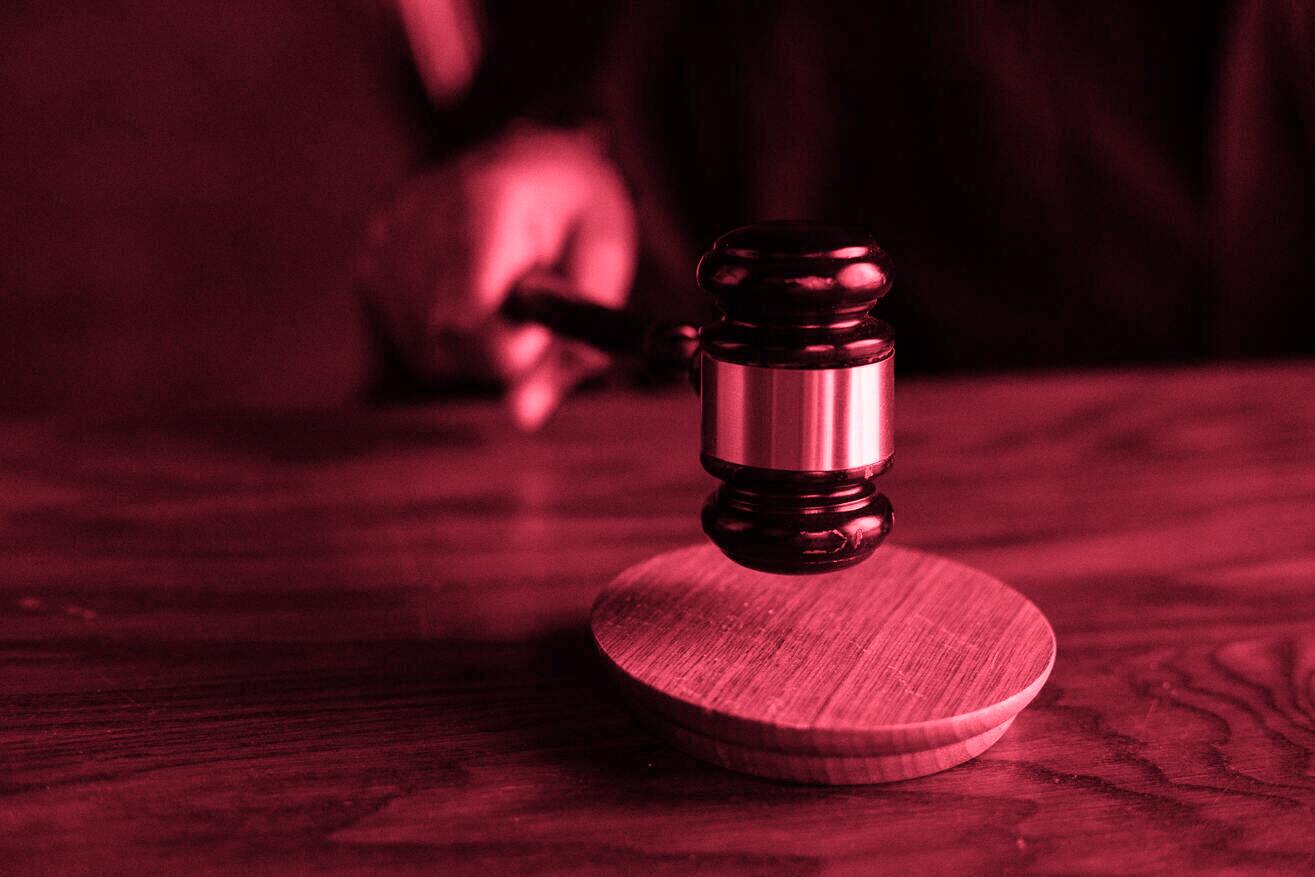In a recent legal development, the Delhi High Court has sent a clear message to domain name registrars (DNRs): Follow the rules or face the consequences. The court, led by Acting Chief Justice Manmohan and Justice Mini Pushkarna, issued a stern warning to DNRs, emphasizing the importance of compliance with judicial orders to curb illegal online activities. The consequences? Being “blocked” by the Ministry of Electronics and Information Technology (MEITY).
The court’s cautionary words came in response to a case it initiated on its own, focusing on the misuse of trademarks through fraudulent websites and the role of DNRs in these situations. It’s a topic that goes beyond legal jargon and delves into the everyday operations of the internet.
The Court’s Stand:
The bench made it crystal clear: DNRs should not be unwitting accomplices in online scams. Acting as vigilant gatekeepers, they are expected to prevent the misuse of well-known trademarks for fraudulent activities on registered websites. The court stressed that if DNRs want to do business in India, they must adhere to the guidelines set by the court.
“You can’t become instruments of syndicating scams,” the court asserted, underlining the need for DNRs to remain vigilant in the face of misuse of trademarks.
A Warning Echoed:
The magnitude of business for DNRs in India is significant, but the court cautioned against transforming into “scam units.” While acknowledging the challenges in altering the international system, the court asserted its authority within the country. If DNRs fail to comply with established norms, the court warned, MEITY might be instructed to block them.
“We can’t allow millions to be cheated. Some serious matter is going on here,” the court emphasized, highlighting the need for a proactive approach to prevent online scams.
An End to Repetitive Legal Battles:
The court also called for an end to the repetitive cycle of legal battles initiated by affected parties. Trademark owners, whose intellectual property is illegally used for registering fraudulent websites, are urged to step back. Instead, the court urged DNRs to take preventive measures, stopping the registration of offending domains right from the start.
GoDaddy in the Spotlight:
GoDaddy, a major player in the domain registration game, found itself in the court’s scrutiny. The court addressed GoDaddy’s counsel, stating, “You are a major player. You know when fraud is taking place.” It urged the entity to consider the concerns raised during the hearing in the right perspective.
Looking Forward:
As a result of this legal development, GoDaddy and the Ministry of Home Affairs have been made parties to the proceedings. The court has scheduled further hearings on January 9, indicating a proactive stance in addressing the issue of online scams and the role of DNRs.
In conclusion, the Delhi High Court’s message is clear: Navigate the web responsibly, or face being cut off. The internet, a vast and interconnected space, requires all stakeholders to play their part in ensuring a safe and secure digital environment. The ball is now in the court of domain name registrars – follow the rules, or risk being left out in the cold.


Join the Discussion